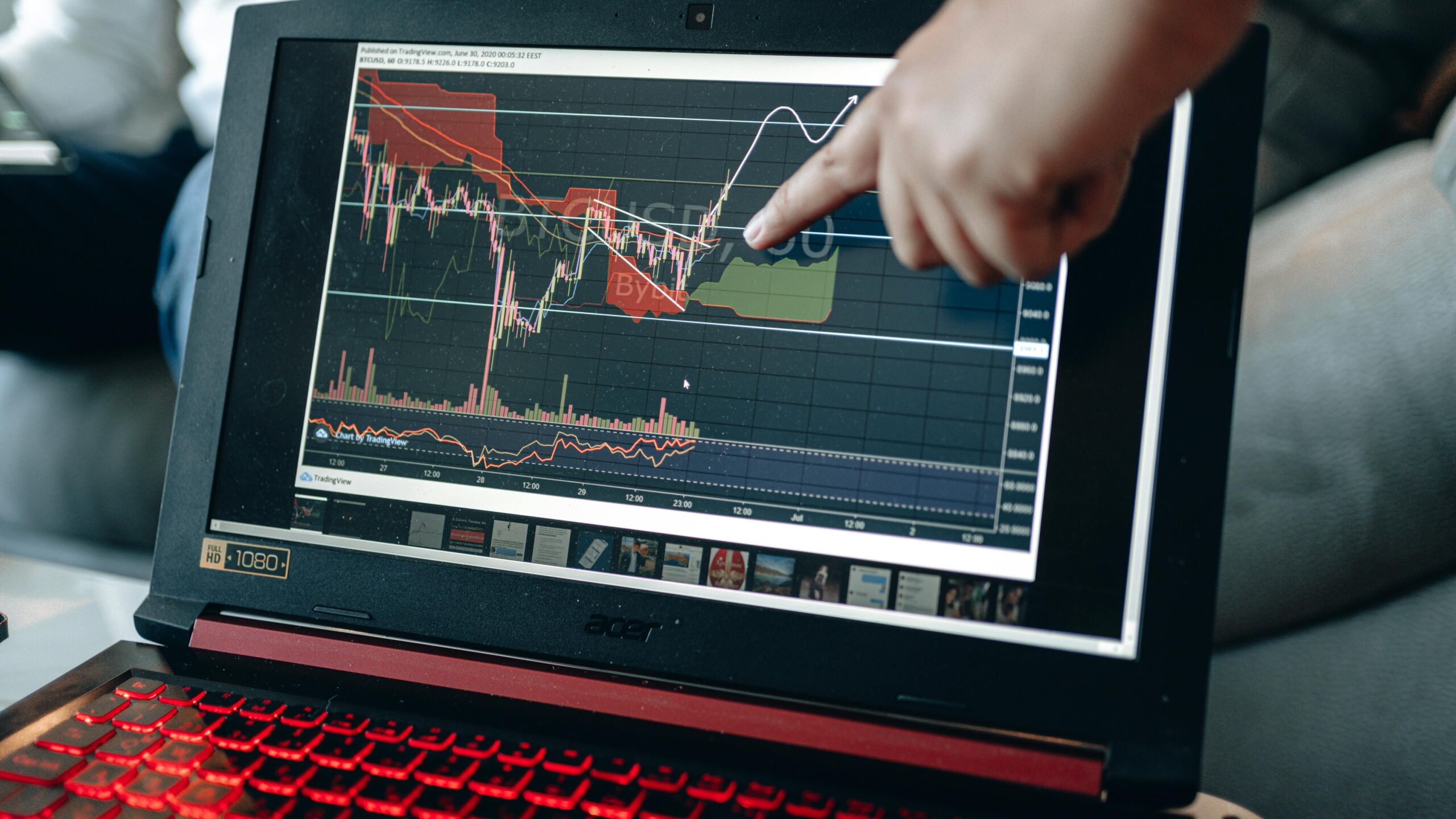Forex trading, the largest and most liquid market in the world, attracts millions of traders every day. While the potential for profit is immense, new traders often face challenges due to a lack of experience and knowledge. This guide highlights the top 10 common mistakes that new forex traders often make and provides practical advice to avoid them.
1. Overtrading
Overtrading is one of the most common mistakes among new forex traders. It occurs when traders open too many trades in a short period, driven by the desire to make quick profits. Overtrading can lead to emotional decision-making, increased risk exposure, and significant financial losses. To avoid overtrading, focus on a well-defined trading plan and stick to it. Only trade when you have clear reasons based on technical or fundamental analysis.
2. Ignoring Risk Management
Risk management is the cornerstone of successful forex trading. Many new traders fail to implement proper risk management strategies, such as setting stop-loss orders or managing position sizes. Without risk management, even a small loss can quickly escalate into a significant one. Always use stop-loss orders to limit potential losses and never risk more than a small percentage of your account on a single trade.
3. Overleveraging
Forex brokers offer leverage to allow traders to control larger positions with a smaller amount of capital. However, overleverage is a common mistake that can lead to massive losses. High leverage magnifies both gains and losses, and even a small market movement can wipe out your entire account. To avoid overleverage, use it judiciously and only trade with资金 you can afford to lose without affecting your financial stability.
4. Not Having a Trading Plan
A trading plan is essential for consistency and discipline. Many new traders enter the market without a clear strategy, leading to impulsive trades and emotional decision-making. A good trading plan should include your trading goals, entry and exit rules, risk tolerance, and position sizing. Stick to your plan even when the market becomes volatile or emotional.
5. Following the Herd mentality
In forex trading, it’s easy to fall into the trap of following the crowd or copying other traders. However, this approach often leads to poor decision-making and significant losses. Instead of following the herd, rely on your own analysis and strategy. Always think independently and avoid making trades based on others’ actions without proper justification.
6. Ignoring Market Correlations
Forex markets are highly correlated with other financial markets, such as stocks, bonds, and commodities. Ignoring these correlations can lead to unexpected losses, as market movements in one asset class can heavily impact another. To avoid this, stay updated on global economic events, news, and market trends that can influence currency movements.
7. Not Learning from Losses
Losses are an inevitable part of forex trading, but many new traders fail to learn from them. Instead of analyzing their mistakes, they often try to recover losses by taking bigger risks, which can lead to even more significant losses. Use every loss as a learning opportunity to improve your strategy and decision-making. Keep a trading journal to track your trades and identify areas for improvement.
8. Overdepending on Technical Analysis
While technical analysis is a powerful tool, overdepending on it can lead to incomplete insights. Many new traders rely solely on technical indicators without considering fundamental factors, such as economic data, interest rates, or geopolitical events. To make informed trading decisions, combine technical analysis with fundamental analysis to get a comprehensive view of the market.
9. Not Staying Updated on Market News
The forex market is influenced by a wide range of factors, from economic indicators to geopolitical events. Failing to stay updated on market news can lead to missed opportunities or unexpected losses. Make it a habit to read financial news, follow economic calendars, and stay informed about key events that can impact currency movements.
10. Emotional Trading
Emotions play a significant role in forex trading, and many new traders let fear and greed dictate their decisions. Emotional trading can lead to impulsive trades, which often result in losses. To avoid emotional trading, stay disciplined and stick to your trading plan. Always approach the market with a clear mind and avoid letting emotions override logical decision-making.
In conclusion, forex trading can be a rewarding but risky endeavor. By avoiding these common mistakes and adopting a disciplined approach, new traders can improve their chances of success in the market. Remember to stay patient, learn from every experience, and continuously refine your strategy to adapt to the ever-changing forex landscape.










